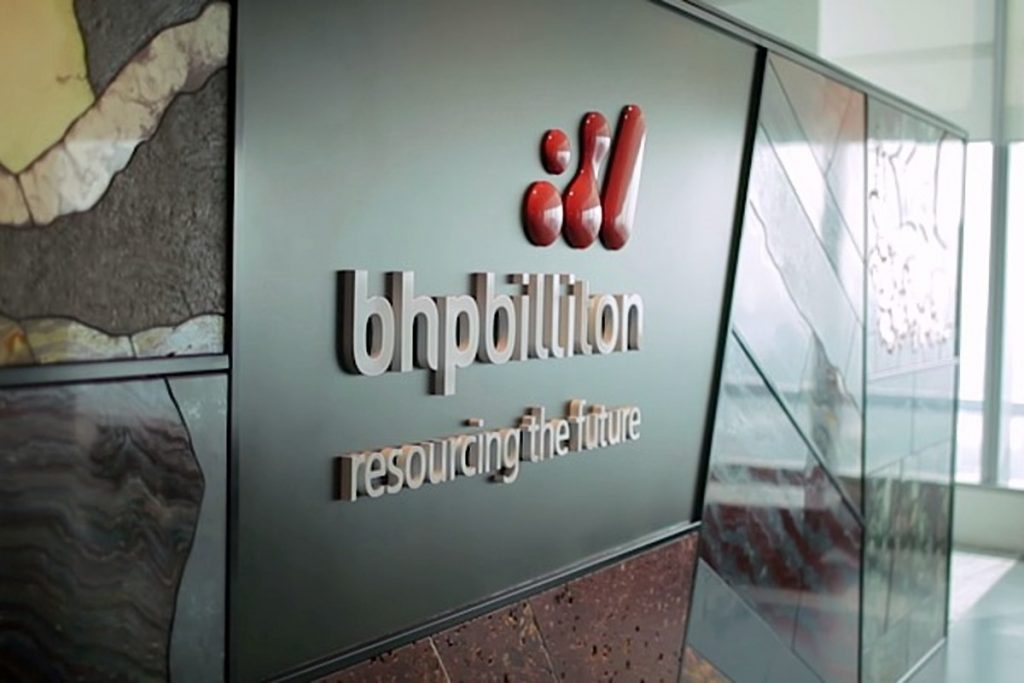BHP says likely to quit global coal lobby group

MELBOURNE, Dec 19 (Reuters) – Global miner BHP Billiton said on Tuesday it had taken a preliminary decision to leave the World Coal Association (WCA) over differences on climate change and might also withdraw from the U.S. Chamber of Commerce.
BHP has largely quit mining coal for power plants but is the world’s largest exporter of coal for steel-making. It will seek responses from the WCA over policy differences before making a final decision on whether to pull out in March 2018, it said.
The miner came under pressure from Australian green groups earlier this year to leave any industry associations with policies that fail to match the company’s support of the 2015 Paris climate accord.
Following a review, BHP said on Tuesday it had “reached a preliminary view to exit” the WCA, as the global coal lobbying group had called for Australia to abandon a clean energy target to boost prospects for high-tech coal-fired power plants.
BHP said the association’s policy conflicted with its view that energy markets should be fuel- and technology-neutral and take into account costs and benefits.
WCA Chairman Mick Buffier said the association was disappointed and did not feel the report accurately reflected the organisation’s views.
“The WCA has always supported a balanced approach that integrates climate and energy policy,” he said in an emailed statement. “We hope to be able to continue working with BHP on this basis in the future.”
The WCA website carries a lead article entitled “A pathway to zero emissions from coal,” which says clean coal technology will be needed as many countries, especially in Asia, rely on coal to drive economic growth.
BHP also plans to decide by March whether to withdraw from the U.S. Chamber of Commerce over differences on how to deal with climate change. BHP has been a member of the group, the largest U.S. business lobby, since 2011.
The chamber said it looks forward to discussing issues with BHP and that it represents a diverse membership. On curbing climate change, the group favours innovation over federal rules on emissions.
BHP also highlighted the chamber’s opposition to a U.S. rule introduced in 2016 requiring resource companies to disclose all their payments to governments, as an area of difference with the company. BHP supported the rule.
The company also said it would press the Minerals Council of Australia to review its promotion of coal in Australia’s energy policy and would reconsider its membership in a year’s time unless changes were made.
(Reporting by Sonali Paul in Melbourne, additional reporting by Barbara Lewis in London and Timothy Gardner in Washington; Editing by Kenneth Maxwell, editing by Louise Heavens and Tom Brown)
More News
DOJ probes US fertilizer market for possible price fixing
March 04, 2026 | 03:01 pm
Column: China imports the most energy, but is best placed on Iran
March 04, 2026 | 11:51 am
{{ commodity.name }}
{{ post.title }}
{{ post.date }}






Comments